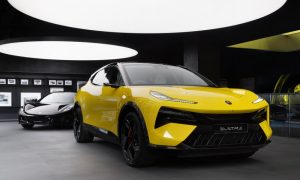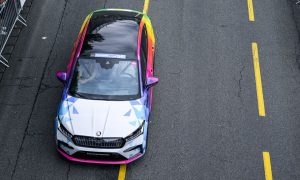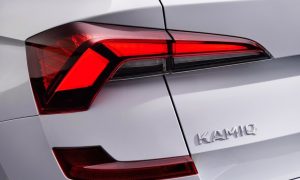It seems like the beginning of every new year brings new reports on the advent of driverless car technology. Renault have recently announced that their vision for autonomous driving includes the release of the new NEXT TWO by the end of the decade.
Renault’s marketing pitch for the radical new design is as follows:
“Loss of time, tiredness, stress, wasted fuel… Such is the lot of the modern-day motorist, on roads that are becoming increasingly congested. In these conditions, why not permit yourself to just settle back and become a mere passenger?”
It’s a compelling argument; one that Renault isn’t alone in making. Among others, Google has made great strides with its self-driving technology to the point where its fleet of autonomous cars have racked up hundreds of thousands of test miles on American roads without incident or injury.
Now, at the start of 2014, it seems that the push for autonomous driving is steadily gaining momentum and it’s become a question of ‘when’ not ‘if’ the technology will become available to consumers. It may be six years before Renault’s brain child is ready for the paying public to drive but the prospect does seem enticing enough to be worth the wait.
According to carsales.com.au, the Renault NEXT TWO will drive itself even in heavily congested traffic at speeds up to 30km/h and can park itself into specially designated car parks. The technology relies on a sophisticated array of sensors and cameras positioned around the vehicle which continually feed a stream of data back the central processor which then makes the decisions on how to drive the car for optimal performance and safety.
Not only will the NEXT TWO drive the occupant in heavy traffic, it will also feature ultra-high levels of connectivity. This will allow it to pick up 3G, 4G, Wi-Fi or presumably whatever the current standard of wireless connectivity happens to be in 2020. The idea is that the occupant will be able to make the most of their time in the car by concentrating on working, communicating, etc while the car negotiates the grinding congestion. This division of labour has been the stuff of science fiction films but is steadily being drawn into the real world thanks to a combination of bold theories, painstaking research and rigorous field testing.
The official press release saw Renault CEO Carlos Ghosn explaining the company’s desire to further the progress of autonomous driving:
“Thanks to the NEXT TWO autonomous prototype, Renault’s aim is to take up position right now in this field of advanced technology, which we believe will reach the marketplace by around 2020. With NEXT TWO, we wanted to combine the worlds of delegated driving and connectivity. Not only will autonomous driving enhance safety but it will also free up time for drivers.”
Previous article
Jon Olsson Audi A4 Avant Quattro Camo Edition


